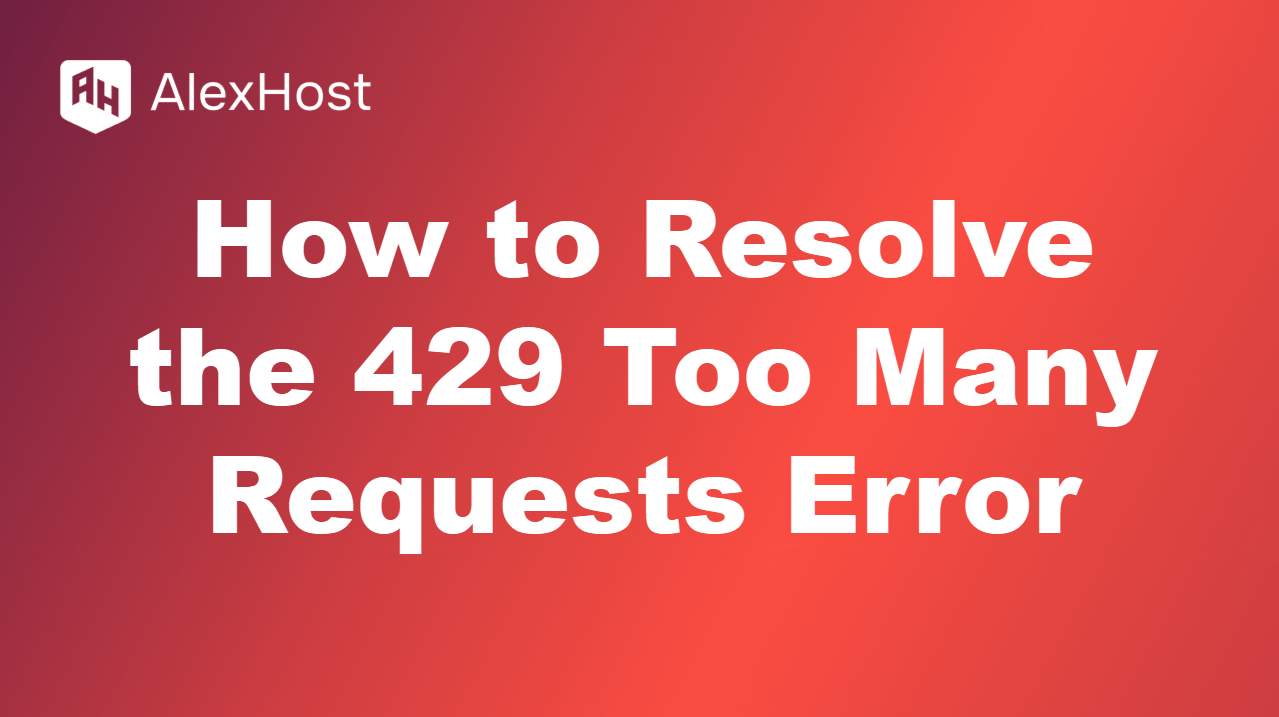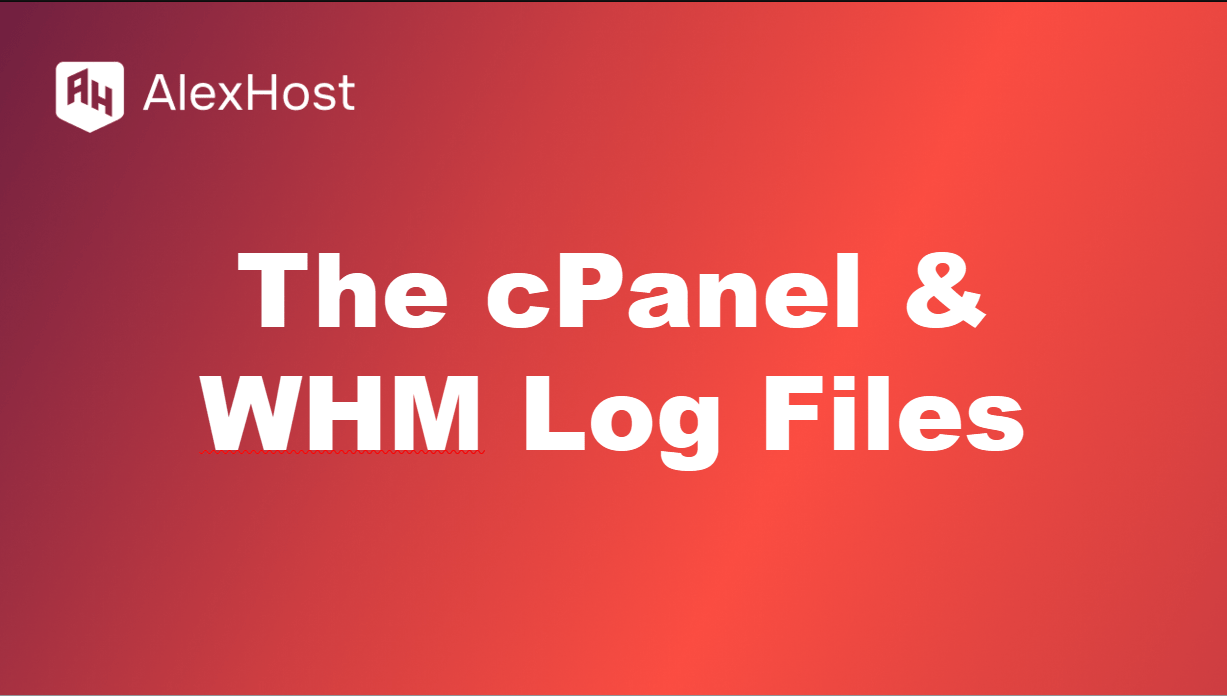faq-post
Install WordPress on AlexHost VPS with cPanel and Softaculous Why install WordPress on AlexHost? WordPress powers over 40% of websites, offering unmatched flexibility for blogs, e-commerce, and portfolios. AlexHost’s VPS with NVMe storage, LiteSpeed, and DDoS protection delivers blazing-fast performance and robust security. Using cPanel and Softaculous, you can install WordPress in minutes. This guide […]
SSL certificates (Secure Sockets Layer) encrypt data transferred between your website and its visitors, ensuring their information is secure. Installing an SSL certificate on your WordPress site is crucial for enhancing security, boosting SEO, and building trust with your visitors. Once installed, your website will use HTTPS instead of HTTP, displaying a padlock icon in […]
When aiming to build a strong online audience, having a reliable and high-performance hosting solution is crucial. AlexHost’s dedicated hosting services provide the perfect foundation for your website, ensuring fast load times, 99.99% uptime, and robust security features. With customizable server options and 24/7 support, AlexHost allows you to focus on implementing audience-building strategies while […]
Creating a news website can be a powerful way to share timely updates, reports, and stories with a wide audience. Whether you’re looking to cover local news, niche topics, or even global events, building a news platform requires thoughtful planning, a well-designed website, and strategies for attracting and engaging readers. This guide will walk you […]
The 429 Too Many Requests error is an HTTP status code that indicates a user has sent too many requests in a given amount of time. It serves as a rate-limiting mechanism to protect the server from being overwhelmed by excessive requests, either due to a misconfigured script, crawlers, or brute force attacks. Resolving this […]
As of recent years, Java applets are no longer directly supported in modern web browsers, including Mozilla Firefox, due to security concerns and changes in web standards. Java applets were commonly used for interactive web applications, but they have largely been replaced by newer technologies like HTML5, JavaScript, and WebAssembly. However, if you need to […]
A personal website is an excellent way to showcase your skills, share your thoughts, build your online presence, and even create a professional portfolio. Whether you want to use it as a blog, portfolio, or resume website, creating a personal website is easier than ever with modern tools and platforms. Here’s a step-by-step guide to […]
Elementor is a popular drag-and-drop page builder plugin for WordPress that allows you to create beautiful, responsive websites without needing to write any code. It comes with a variety of pre-designed templates, widgets, and customization options, making it easy to build unique web pages. Installing Elementor is straightforward, and this guide will walk you through […]
The Opera browser offers a built-in dark theme that reduces eye strain, especially when browsing in low-light conditions. Activating the dark theme in Opera is straightforward and can be done in just a few clicks. This guide will walk you through the steps to enable the dark theme on both desktop and mobile versions of […]
The cPanel & WHM Log Files: Essential Logs for Server Management cPanel & WHM is a popular control panel for web hosting that simplifies the management of websites, servers, and domains. One of its key features is the extensive logging system that provides detailed insights into server operations, user activities, errors, and security incidents. Understanding […]

















